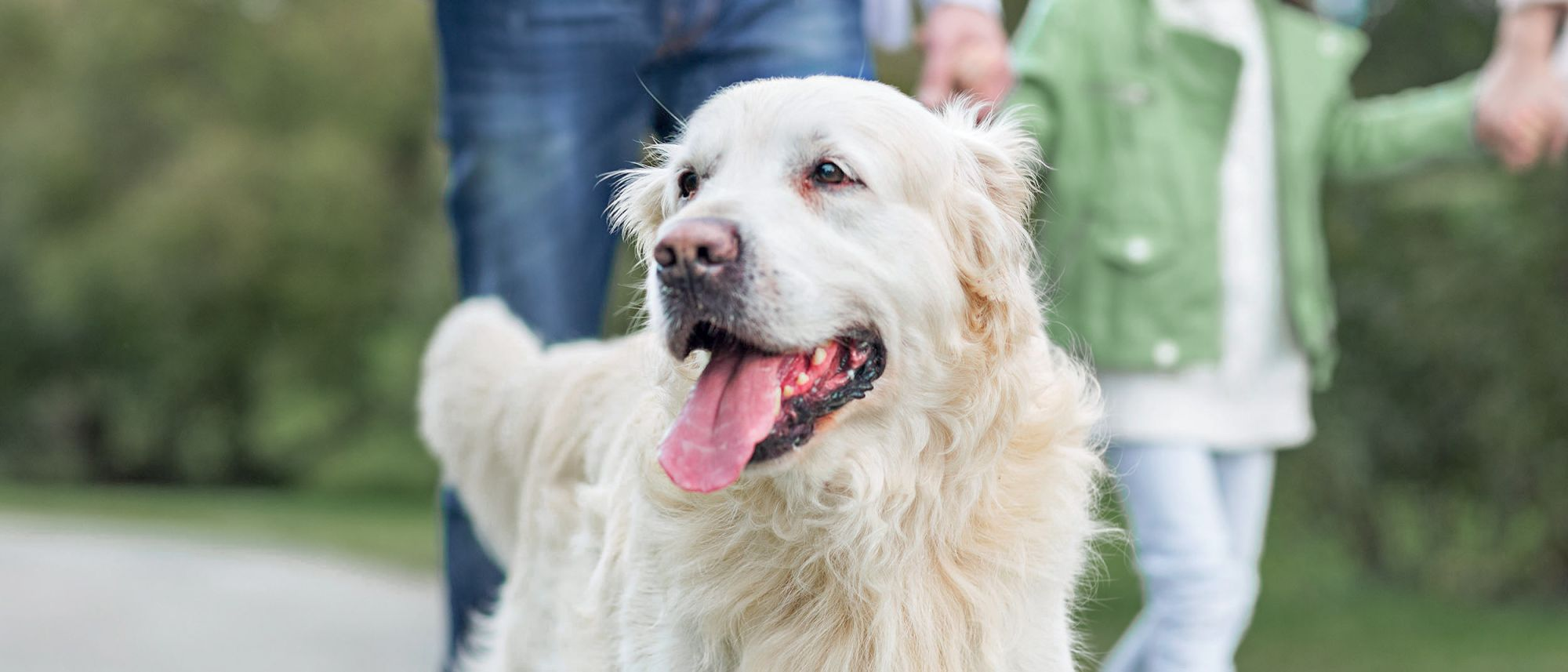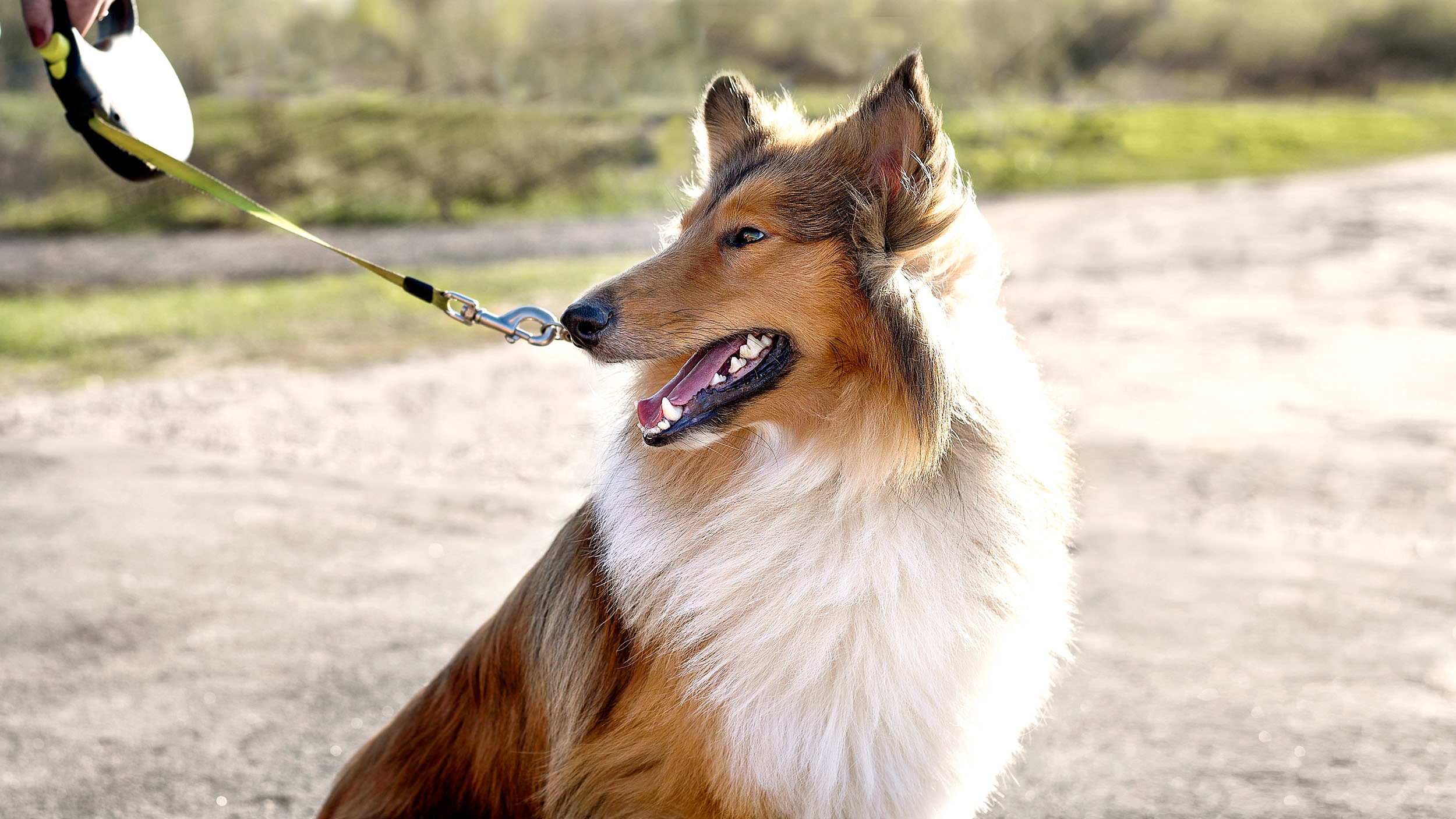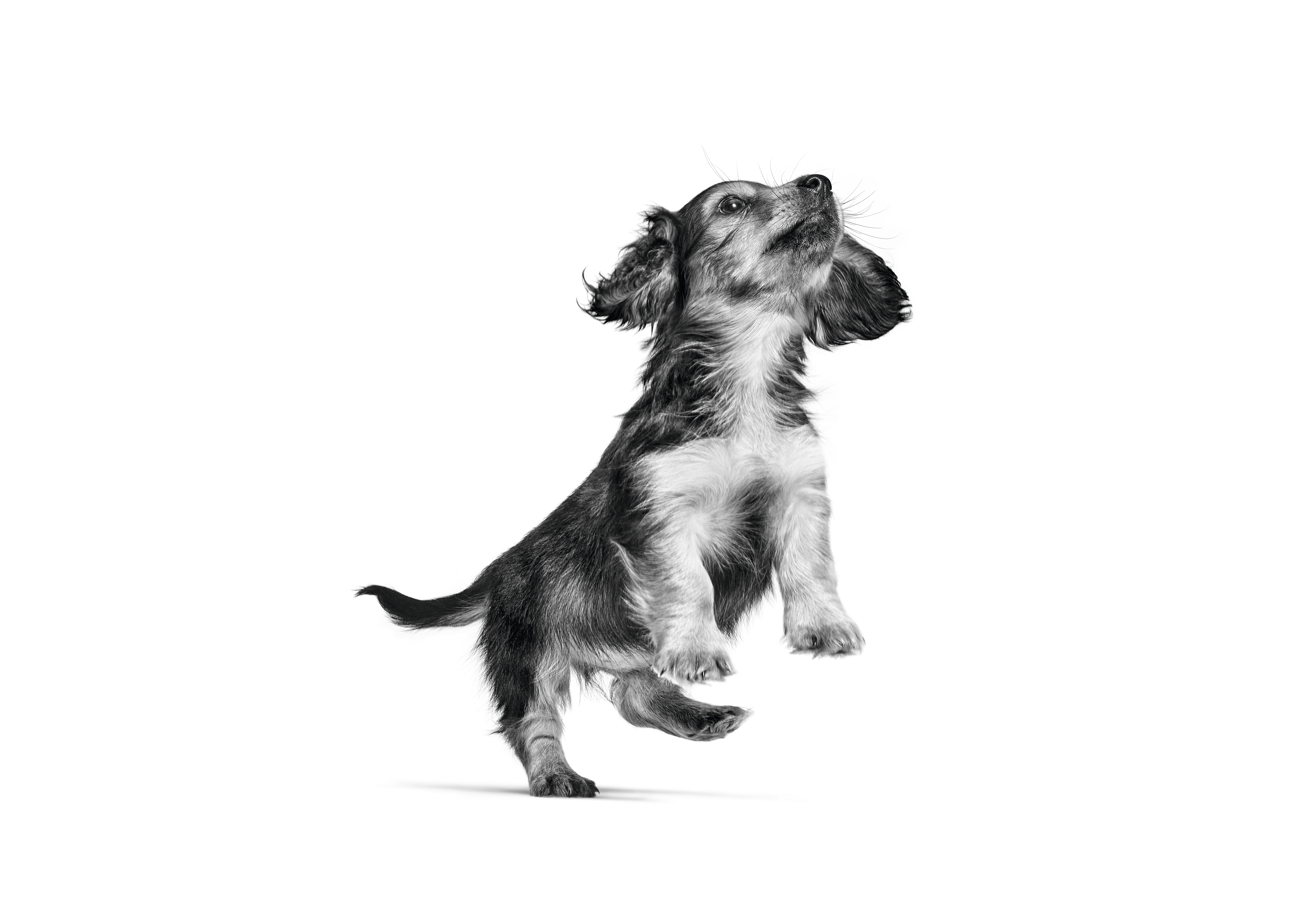Things to consider before getting a dog

There are a lot of questions that will impact not only whether you get a dog or puppy but what type of dog you get and whether you choose to go to a rescue centre or a breeder. Chief amongst all of them however, is to ask yourself whether your current lifestyle will allow for a dog and, if there are any changes to make, are you prepared to make them?
Questions to consider before getting a dog:
- Do you have children? If so, how old are they? You may need to take the time to educate young children in how to behave with a dog. You may also need to consider where the dog will spend time if you are not around all the time as young children should not be left alone with them.
- Do you have other pets? If so, how might they react to a new addition. Introducing a dog to existing pets needs to be done gradually.
- Do you have a garden? If so, is it safe? Do you need to check for holes in the fence or poisonous plants and other hazards. If you do not have a garden, where will the dog be able to get access outside when it needs to go?
- Do you work full time? If so, will you be out all day and will someone else be able to look after the dog during the day - to help train it when its young or to take it for walks and make sure it has water?
- How much do you travel? If you go on holiday a lot, will your dog be going with you and what is your plan if it can't go with you?
- Can you financially support your dogs needs including pet insurance, food, vets bills and grooming?
Do you have the time for a puppy?
One of the most important questions to ask yourself is whether you have the time to look after and train a puppy. Puppies require a lot of care and attention to make sure they don’t hurt themselves, to train them and to help them become well adjusted dogs.
For example:
- Puppies need a lot of support to train and help them adapt to their new homes. As they grow, they will continue to need plenty of regular exercise. If you are out of the house all day, a puppy might not be right for you.
- Your training programme must start as early as possible when your puppy naturally has an excellent capacity for learning. This can be a rewarding but time consuming process that requires constant reinforcement.
- When he/she first arrives at your home, you will need to be around for regular feeding times and to monitor your dog's house-training behaviours
- Because he’s full of energy and into everything, your puppy needs to play a little and often which requires care, attention and planning. For example, some playtime should be shared with other dogs to help them learn to socialise.

Is your home environment safe for a dog?
There’s no one type of environment that’s right for a dog. You may have children or existing pets to consider. You may live in a city, countryside, an apartment or a house. Whatever the environment, the important thing is that it’s safe for your pet.
Puppies in particular are very receptive to their environment, and negative experiences will have a lasting effect. Today’s habitat is often urban and with city life come numerous, frequent and often intense visual and auditory stimuli. It is extremely important that your puppy does not associate its living environment with a fright or any unpleasant sensations.
City life can be very stimulating but for a puppy this can easily be overwhelming. You should take the time to gradually familiarise him or her with their surroundings as well as with the multiple situations they will have to face: cars, escalators, elevators, trains, trams or buses to name only a few.
The puppy must also learn to stay alone in the home sometimes for increasingly longer periods without being frightened or becoming destructive or noisy.
Things to consider include:
- Exposed electrical cords.
- Anywhere a puppy could get stuck or fall such as windows, balconies or stairs.
- Accessible toxic substances including cleaning products, e-cigarette refills, home medication, chemical fertilisers, sharp tools, herbicides and insecticides.
- Holes and gaps in the garden where a puppy could escape, poisonous plants.
- Poisonous plants such as Ficus, Cyclamen, Holly, Mistletoe, Philodendron, Aloe, Narcissus, Hyacinth, Iris, Azalea, Rhododendron, Oleander and Sweet Peas.
Getting a dog can be a rewarding and long term relationship, and making sure that your home and lifestyle can meet the health and safety needs of your new dog will go a long way to ensuring a successful and happy life together.

Sign up to our newsletter
Receive regular advice for your dog as well as exciting promotions and product innovations.
Like & share this page